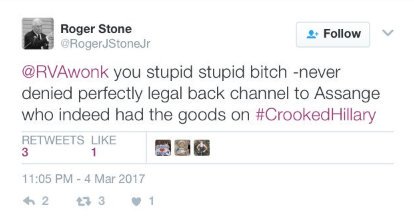
This part of the new Karabakh agreement may be the trickiest of them all. 1/
https://twitter.com/LaurenceBroers/status/1325932463315619840
On its surface, this seems to recall the "Goble Plan," but without any changes to sovereign borders. So how could this work practically? /2
reliefweb.int/report/armenia…
reliefweb.int/report/armenia…
The agreement envisions Armenia ceding its southern east-west border control to Russia. This dramatically shifts Russia's position in Armenia to gatekeeper. The Kremlin will apparently run the "transport" link to Nakhichevan. No time limit for this is given. /3
As envisioned by the Goble Plan (though in different terms) this type of concession would be made in exchange for keeping the Lachin Corridor open between Armenia and Nagorno-Karabakh. Something like that is also envisioned here. /4
According to this agreement, the precise terms of the Lachin Corridor will be determined within three years, after which Russian forces will secure it. The corridor will apparently avoid Shusha/Shushi and go straight from Armenia to Stepanakert. /5
Amid the language envisioning these two corridors, there is a small clause that is easy to overlook. Point 9 -- the point about the route to Nakhichevan -- notes that all economic and transport links in the region will also be "unblocked." /6
It is unclear what that intends. If it means an end to the thirty-year shutdown of trade between Azerbaijan and Armenia, it is far from a throwaway clause, even though it is tucked into a discussion about land routes. /7
I missed this. Apparently, Aliyev in his speech noted that securing a route through Armenia to Nakhichevan was not part of the original plan. It was his last-minute idea. /8
https://twitter.com/cavidaga/status/1325948276537962498
• • •
Missing some Tweet in this thread? You can try to
force a refresh







